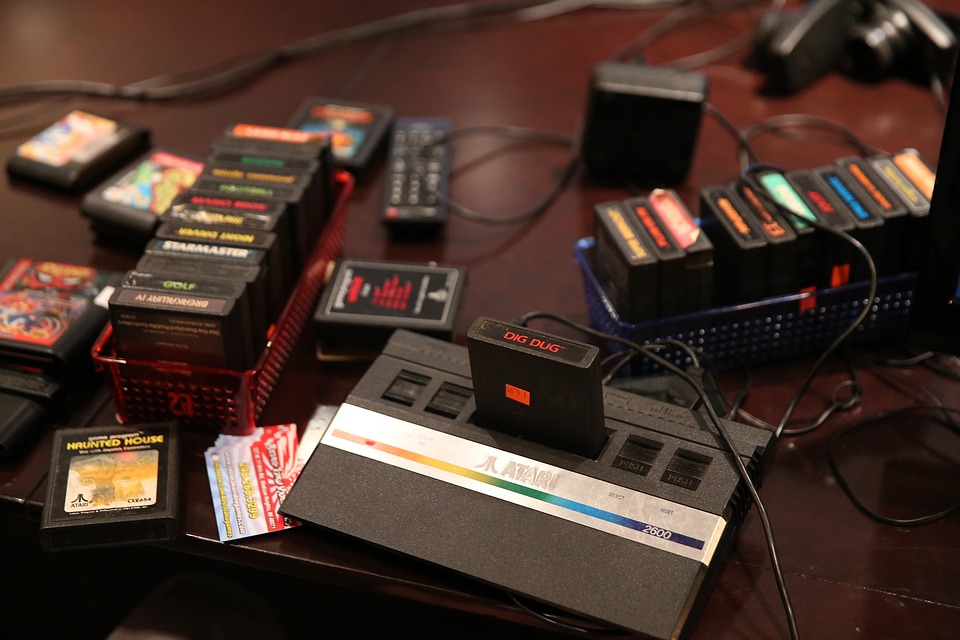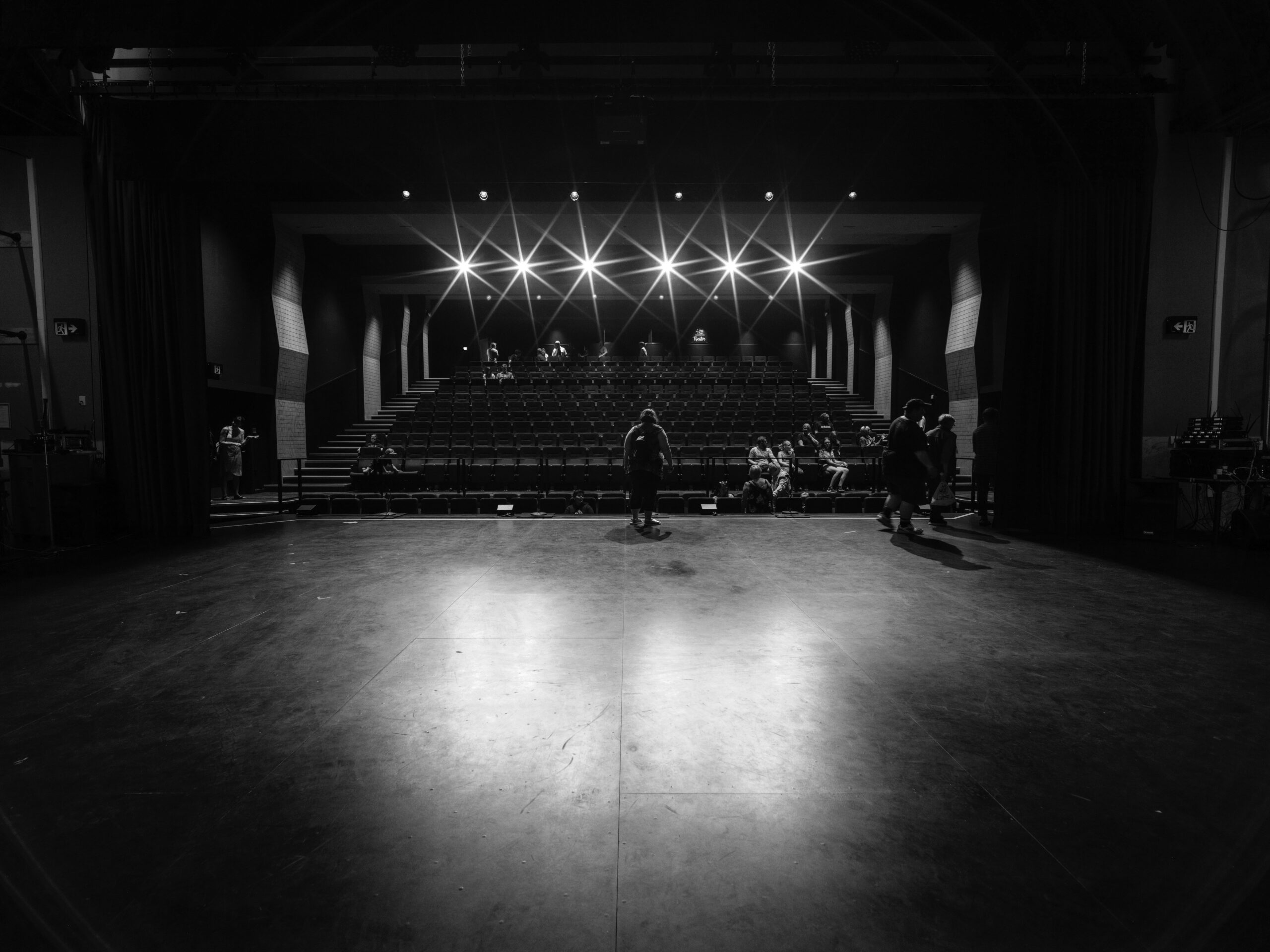
Every three years the United States Copyright Office holds a triennial rule-making proceeding where it hears from stakeholder groups so that it can make recommendations for the Librarian of Congress.[1] The Librarian then reviews, renews, and implements new exemptions to 17 U.S.C. § 1201. 17 U.S.C. § 1201 forbids the circumvention of technological measures which are used to prevent unauthorized access to copyrighted works.[2] These exemptions take many different forms and have many different goals. Some are focused on issues like allowing disabled users to implement assistive software in E-books, while others are focused on issues like allowing consumers to jailbreak their phones.[3] Last Friday, a new batch of these exemptions was released by the Librarian of Congress in the 2018 Final Rule.[4] Many exemptions were renewed, but this year was particularly exciting because a new exemption was adopted to help expand ongoing video-game preservation efforts.
Previously, exemptions were adopted allowing legal owners of games to circumvent the authentication server requirement, if the authentication server was permanently taken offline. This exemption narrowly allows consumers and archival entities to circumvent carelessly implemented digital rights management (DRM) software and develop patches to make the effected games playable once more. This is a necessary exception as just this year the Mac OS X port of Metal Gear Rising: Revengeance had its authentication server taken offline, making the game entirely unplayable on all Mac OS X versions of the game.[5] Without this exception allowing the playability of legal versions of old video games, many users would likely resort to piracy because pirated and cracked copies of the game would be playable. This exception is a big step forward in terms of preservation, but more work is required as the exemption excluded online games that continue to require a server to be playable.
This year, the Librarian adopted new exemptions to help with the preservation of online only or “server dependent” games.[6] Previously, online only games, like Massively Multiplayer Online Role-Playing Games (MMORPGs), had no exemptions for preservation and were essentially beholden to the internal preservation efforts within video game development companies. The new exemption allows archival entities to store these “server dependent” games and make them playable on their physical premises.[7]
While this is a step in the right direction, there are some issues with the exemption. The most concerning issue is that the stored copy must be a “complete game.”[8] In this specific context, a “complete game” is both the locally stored game files and the server code necessary to run a game server.[9] This is a surprisingly high bar to reach since server code isn’t generally made publicly available in any form.[10] In addition, server code is not often stored internally and is often simply re-formatted or written over when the server code is no longer useful.[11] Failure to store game files is a known issue in the industry since many beloved titles such as Kingdom Hearts, Silent Hill, and Icewind Dale II have had their code lost over the years.[12] It is likely that many video-game server codes have been lost to time, and thus it stands to reason that acquiring necessary server code is a nearly impossible task for archivist groups. The only option left for archival entities appears to be creating their own server code from the ground up. Sadly, this kind of activity does not fall under the exemption, and is likely to infringe upon protected rights since it would be the creation of a derivative work.[13] The end result is that there has been very little actual progress for preserving “server dependent” games, since the only games eligible for preservation are those that are already perfectly preserved in their original form.
The other major issue with this provision is that well-preserved older titles are unlikely to simply be handed over to archival entities since many of these older titles are still being actively sold on the market. For example, Akalabeth: World of Doom, which was originally published almost forty years ago, is currently available on gog.com.[14] Similarly, NetHack has been publicly available for over thirty years as it’s continuously re-developed.[15] Older MMORPGs, like Asheron’s Call and RuneScape, are also still going strong nearly 20 years after their release.[16] These games are obviously stored well enough to be “complete games” for archival purposes, but archiving them is somewhat unnecessary since they are still freely available on the open market.
The overarching problem is that the new exemption for “server dependent” games is almost entirely worthless. “Complete games” are the games which are most likely to still be commercially available, making archival efforts less necessary. Conversely, “incomplete games,” which are the most in need of archiving, do not fall under the exemption, and, therefore, remain unplayable. The exemption is a step in the right direction, but as it stands, the exemption applies too narrowly to really capture vulnerable games.
Josh Hall is a second-year law student at Benjamin N. Cardozo School of Law and a Staff Editor for the Cardozo Arts & Entertainment Law Journal. He is interested how the law affects digital media, video games, and music.
[1] 17 U.S.C. § 1201(a)(1)(B-D) (2012).
[2] 17 U.S.C. § 1201(a)(1)(A) (2012).
[3] 37 C.F.R. § 201.40(b)(2), (b)(4) (2014).
[4] See Seventh Triennial Section 1201 Proceeding, 2018, U.S. Copyright Office, https://www.copyright.gov/1201/2018/ (last accessed Oct. 28, 2018).
[5] See Marshall Lemon, Metal Gear Rising DRM disables the game’s Mac edition, VG24/7 (June 25, 2018), https://www.vg247.com/2018/06/25/metal-gear-rising-drm-disables-games-mac-edition/.
[6] See Exemption to Prohibition on Circumvention of Copyright Protection Systems for Access Control Technologies, 83 Fed. Reg. 54,010, 54,024 (Oct. 26, 2018), https://www.gpo.gov/fdsys/pkg/FR-2018-10-26/pdf/2018-23241.pdf.
[7] Exemption to Prohibition on Circumvention of Copyright Protection Systems for Access Control Technologies, 83 Fed. Reg. at 54,030 (to be codified at 37 C.F.R. § 201.40(b)(12)(i)(B)).
[8] Id.
[9] Exemption to Prohibition on Circumvention of Copyright Protection Systems for Access Control Technologies, 83 Fed. Reg. at 54,030 (to be codified at 37 C.F.R. § 201.40(b)(12)(iv)(B)).
[10] See Exemption to Prohibition on Circumvention of Copyright Protection Systems for Access Control Technologies, 83 Fed. Reg. at 54,024.
[11] See Ian Birnbaum & Matthew Gault, Copyright Law Just Got Better for Video Game History, Motherboard (Oct. 25, 2018), https://motherboard.vice.com/en_us/article/zm9az5/copyright-law-just-got-better-for-video-game-history.
[12] See Ishaan, Kingdom Hearts 1 Data Is Lost; Square Had To “Recreate Everything” For HD, Siliconera (June 25, 2013), http://www.siliconera.com/2013/06/25/kingdom-hearts-1-data-is-lost-square-had-to-recreate-everything-for-hd/; see also Jim Sterling, Silent Hill HD was made from incomplete code, Destructoid (May 28, 2012), https://www.destructoid.com/silent-hill-hd-was-made-from-incomplete-code-228158.phtml; Jason Schreier, Nobody Can Find The Source Code For Icewind Dale II, Kotaku (July 7, 2017), https://kotaku.com/nobody-can-find-the-source-code-for-icewind-dale-ii-1796724450.
[13] Exemption to Prohibition on Circumvention of Copyright Protection Systems for Access Control Technologies, 83 Fed. Reg. at 54,024.
[14] See Store listing for Akalabeth: World of Doom, gog.com, https://www.gog.com/game/akalabeth_world_of_doom (last visited Oct. 28, 2018).
[15] See Kenneth Lorber, NetHack index page, https://www.nethack.org/index.html (last visited Oct. 28, 2018).
[16] See Rissa Trent, 20 Old MMORPGs That You Can Still Play, MMOGAMES (Jan. 6, 2016), https://www.mmogames.com/gamearticles/20-old-mmorpgs-can-still-play/.



